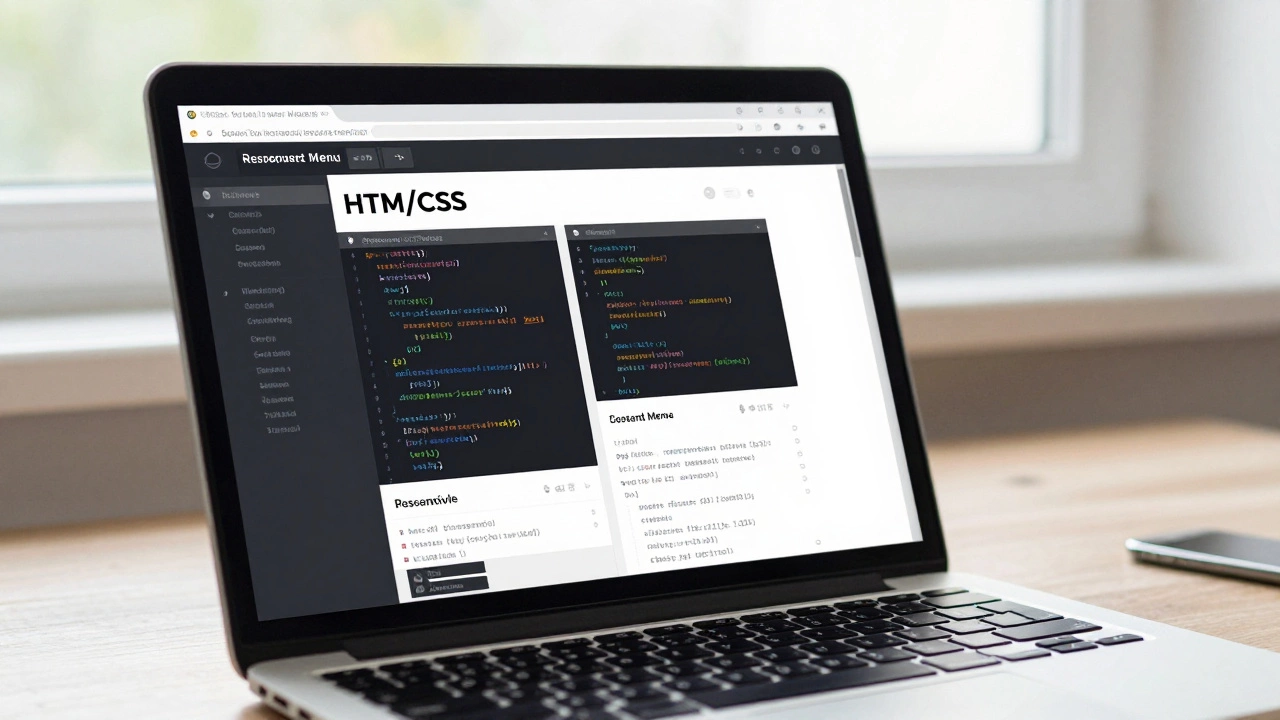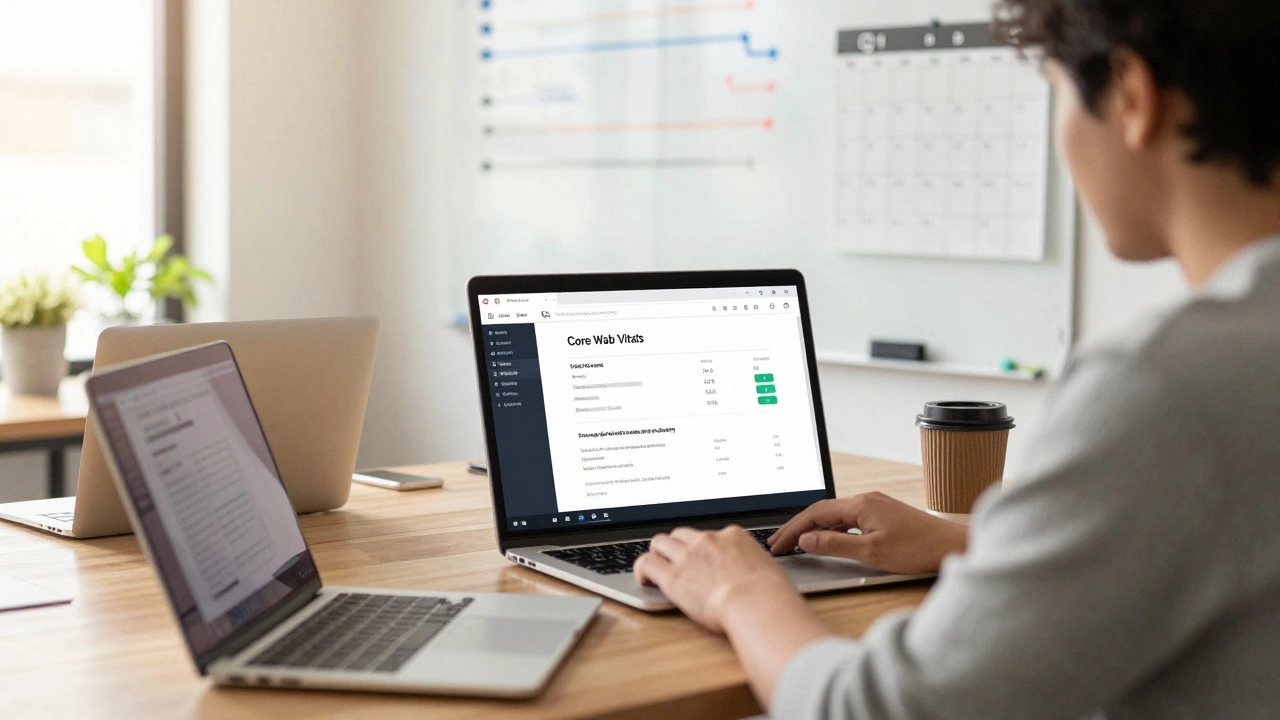Freelance Web Development – What You Need to Know
Thinking about making a living as a freelance web developer? You’re not alone. More designers and coders are swapping office desks for coffee‑shop laptops, and the market is hungry for flexible talent. The key is knowing the basics – how much to charge, which skills pay the most, how long projects typically take, and how to start when you have zero client history.
How Much Should You Charge?
Everyone asks, “What’s the hourly rate for a freelance web developer?” The answer isn’t a single number because rates depend on experience, location, and the services you offer. As a starting point, many UK freelancers charge between £30‑£50 per hour. If you specialize in high‑demand areas like full‑stack JavaScript, e‑commerce integrations, or performance‑focused back‑ends, you can push the rate toward £80‑£120.
Don’t forget to factor in costs you cover yourself – taxes, software subscriptions, health insurance, and the occasional downtime between projects. Add a small buffer (around 10‑15%) to protect against those quiet months. Checking platforms like Upwork or PeoplePerHour for comparable listings can give you a realistic benchmark.
Getting Started When You’re New
Believe it or not, you can launch a freelance web development career without a long résumé. The trick is to build a portfolio that proves you can solve real problems. Start with small, personal projects or volunteer for a local business. Even a simple landing page that ranks well in Google shows potential clients you understand both design and SEO.
While you’re learning, focus on one or two languages that pay well. Data shows that developers who master Python, JavaScript (especially React or Node), or Ruby on Rails often see higher income than those who spread themselves thin across many stacks. Pick a niche, master it, then market yourself as the go‑to expert for that skill.
Networking matters, too. Join UK‑based web development groups on Slack or attend meetups in your city. Offer free code reviews or mini‑audits for small businesses – you get exposure and a chance to pitch your services.
Now, let’s look at some common concerns that pop up as you grow.
Project timelines. How long does a freelance web developer take to build a website? The answer varies. A single‑page site with a pre‑made template might be done in a week. A custom e‑commerce platform with payment integration can stretch to 6‑8 weeks, especially if you’re handling design, front‑end, and back‑end work yourself. Communicate clear milestones to clients and build a buffer for revisions – it saves you from last‑minute stress.
Stress and burnout. Full‑stack developers often juggle front‑end polish, server logic, and client communication. If you feel the pressure building, set boundaries: fixed working hours, limited daily meetings, and a solid task‑management tool (Trello or Notion works well). Remember, you’re selling your time, not just your code.
Which coding skills pay the most? Look at market demand. Cloud‑native development (AWS, Azure), API design, and modern JavaScript frameworks consistently rank among the highest‑earning specialties. If you can add a little data‑visualisation or AI integration, you’ll stand out and charge premium rates.
In short, freelance web development is a mix of technical chops and business savvy. Set a realistic rate, showcase a focused portfolio, learn a high‑paying language, and manage your time like a pro. Follow these steps, and you’ll turn curiosity into a sustainable income stream.











